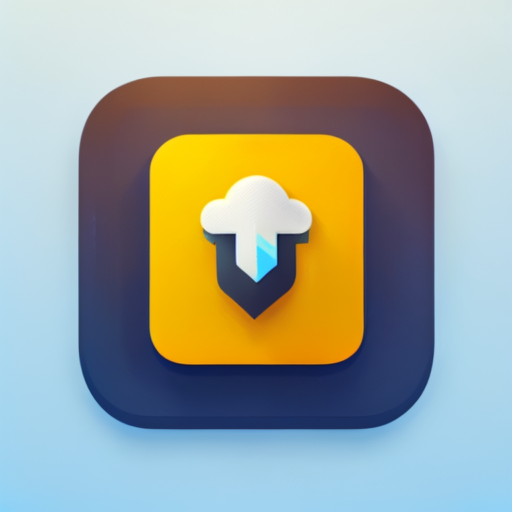Healthcare Provider Apps: Many healthcare providers offer apps that allow patients to schedule appointments, access medical records, and communicate with their doctors for telemedicine consultations. Nutrition Apps: Apps like Lose It! and Cronometer focus on tracking nutrition and macronutrient intake for users who want to manage their diet more effectively.

- Fitinsured
- Personalized health wearable
Personalized health wearable
Why is Personalized health wearable important?
Wearable technology and health tracking apps have become increasingly popular tools for monitoring and improving one's health and fitness. These devices and apps offer various features to track different aspects of your well-being
-
Fast & easy process
-
Take a feedback
-
Control over policy
-
Save your money

INSURANCE BEENFITS
Some of the salient benefits of the Personalized health wearable include:
Talk to our insurance experts
Buy online
Personalized health insurance
Buy online
Personalized health coaching
-
Any Visa/Master Credit Card
-
Paypal Account
-
Online ATM
Buy online
Personalized health wearable
WE ALWAYS HELP


They frequently asked
questions
? Here are some common types of wearable technology
Fitness Trackers: These devices, such as Fitbit, Garmin, and Apple Watch, monitor physical activity, including steps taken, distance traveled, calories burned, and heart rate. They often include GPS for tracking outdoor activities. Smartwatches: Smartwatches like the Apple Watch, Samsung Galaxy Watch, and Google Wear OS devices offer a wide range of health and fitness features, including heart rate monitoring, activity tracking, sleep analysis, and access to health apps. Heart Rate Monitors: Dedicated heart rate monitors, like those from Polar or Wahoo, provide accurate heart rate measurements during exercise and can be used in conjunction with other fitness equipment. Smart Clothing: Some clothing items, such as sports bras and shirts, come equipped with sensors that monitor heart rate, posture, and other health metrics. These are particularly popular among athletes and fitness enthusiasts. Smart Glasses: Although less common, smart glasses like Google Glass and Vuzix offer augmented reality experiences that can include health-related information and data visualization. Wearable ECG Monitors: These specialized devices, like the AliveCor KardiaMobile, record electrocardiogram (ECG) readings to monitor heart health and detect irregularities. Sleep Tracking Devices: Devices like the Oura Ring and sleep tracking features in many fitness trackers monitor sleep patterns, including sleep duration, stages, and quality. Wearable Blood Pressure Monitors: These devices, such as the Withings BPM Core, can measure blood pressure regularly and provide insights into heart health.
? Here are some common types of health tracking apps:
MyFitnessPal: This app helps users track their diet and exercise, offering a comprehensive database of foods and workouts to monitor calorie intake and expenditure. Strava: Strava is a popular app for cyclists and runners, allowing users to track their routes, speed, and distance while also providing a social platform for connecting with other athletes. Calm and Headspace: These mindfulness and meditation apps help users manage stress, improve sleep, and enhance mental well-being. Sleep Cycle: An app that analyzes your sleep patterns and wakes you up at the optimal time within your sleep cycle, promoting better sleep quality. MapMyRun and MapMyFitness: These apps, powered by Under Armour, track a wide range of activities, including running, walking, and cycling, while also providing training plans and nutrition tracking. Fitbod: Fitbod creates personalized workout plans based on your fitness goals, available equipment, and past exercise performance. Flo and Clue: These menstrual cycle tracking apps help users monitor their periods, predict fertile days, and understand their hormonal health. Apple Health and Google Fit: These built-in health apps on iOS and Android devices consolidate data from various health and fitness apps and devices, providing a centralized health profile.
Contact
-
https://www.linkedin.com/company/fitinsured/
-
Info@fitinsured.ca
-
https://www.linkedin.com/in/amin-amir
Open Hours
Mon – Sat: 8:00 am to 6:00 pm Sunday: Closed
Newsletter
Subscribe our newsletter to get our latest update & news.
Call to Our Experts
© All Copyright 2024 by FitInsured company

